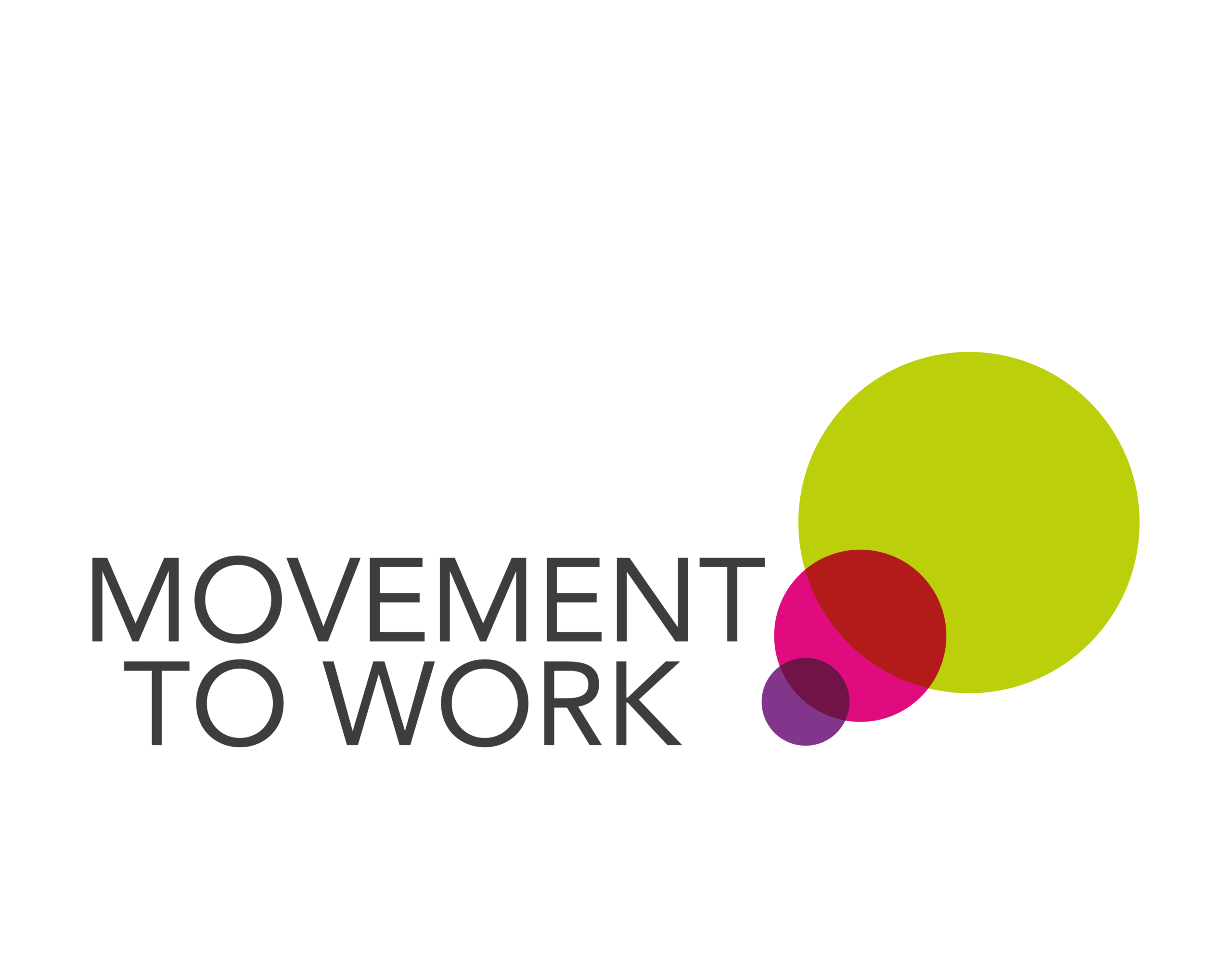Employers are increasingly using AI in recruitment and management. This briefing explores the employment law implications and proposals for regulatory reform.
Artificial Intelligence (AI) is a term which can encompass a wide variety of technologies, many of which are increasingly used in workplace management. The use of these technologies, while offering much potential,
has also proved controversial and raised some important legal questions.
Algorithmic management refers to the use of AI or other algorithmic tools by employers to manage workers.
Over recent years algorithmic management and the use of AI tools have become more widespread across many sectors of the UK.
Their use has been noted in three broad areas:
- In recruitment, to devise job adverts, source candidates and filter CVs. Some recruiters also use automatically scored tests as part of their recruitment process
- In task allocation and performance management, including scheduling shifts and evaluating worker performance.
- In surveillance and monitoring of the workforce, tracking workers to monitor productivity or health and safety in the workplace.
The Equality Act 2010 prohibits discrimination by employers on the grounds of any protected characteristics, such as age, sex or race.
It is widely accepted that AI tools can exhibit biases because of the ways in which they are trained; this may make the use of some AI tools that make or influence workplace decisions unlawful, unless care is taken to minimise such biases.
